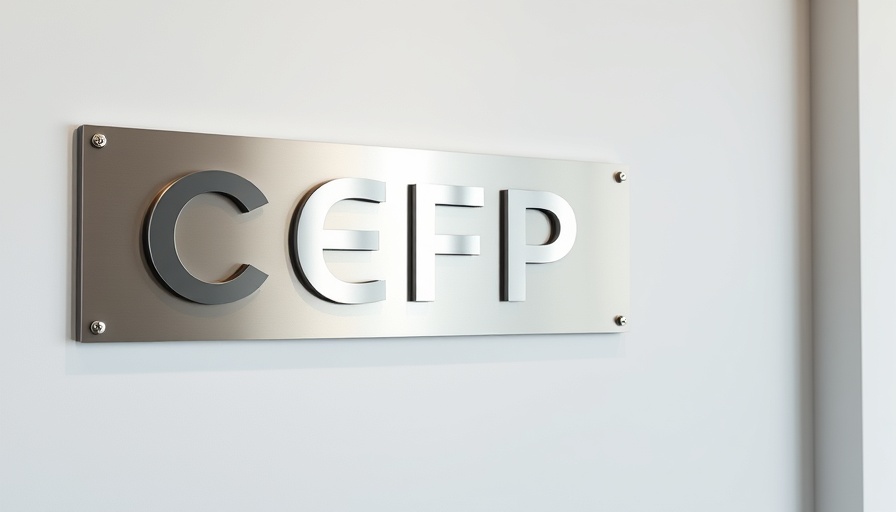
CFP Fees Increase: Unpacking the Value Proposition
The recent announcement by the CFP Board to raise the annual certification and renewal fee to $575—a $120 increase—has stirred debate among financial planners and wealth advisers. While the CFP Board asserts that the hike aims to enhance brand awareness in an increasingly crowded financial designation landscape, many professionals are left questioning whether the additional expense aligns with the perceived value of their certification.
Concerns About ROI for Financial Advisors
Many CFPs have expressed skepticism regarding the return on investment (ROI) associated with the increased fees. Joseph Conroy, a financial advisor at Harford Retirement Planners, emphasized his uncertainty by noting, "I don’t think I’ll see a return on the extra money I’m paying in renewal fees." This sentiment reflects a growing concern among advisers that marketing efforts may not adequately convert into client engagement, which ultimately determines the practical value of the certification.
The Marketing Campaign's True Effectiveness
Since launching its first public awareness campaign in 2011, the CFP Board has dedicated substantial resources to promote the certification. With $280 of the new fee earmarked for marketing efforts, including a fall campaign costing $12.5 million, the potential benefits of reaching consumers takes center stage. However, sceptics argue that despite the marketing, none of their clients have ever approached them due to advertisements. Dan Ryan, managing partner at Sincerus Advisory, voiced concerns that the additional cost could dilute the strong brand identity that the CFP designation has established over the years.
Majority Support Despite Doubts
Despite these concerns, the CFP Board's Chair, Liz Miller, indicates that a significant majority—90% of CFPs—believe promoting the brand should remain a top priority. The dedication of these funds, according to Miller, is designed to foster consumer trust and differentiate CFP professionals from others who may not hold similar credentials. This raises the question: Are CFPs more concerned about the immediate impact of financial burdens rather than the long-term potential of brand recognition?
Potential Future Trends and Industry Impact
As the financial services landscape continues to evolve, it's crucial for CFPs to weigh both the growing costs against the potential benefits of their certifications. The CFP Board’s strategic focus on raising awareness could eventually solidify the certification’s value. However, if discontent runs high amongst current CERTIFIED FINANCIAL PLANNER™ professionals, we could see a response with more practitioners reevaluating their credentials.
Embracing Change in a Competitive Environment
Financial planning is not just about certifications; it is about delivering value and trust to clients. As CFPs navigate this price increase, it is essential they connect the dots between the certification's awareness and tangible benefits in their practices. Investing in professional development and refining skills remains a priority in an era of digital transformation and client-centric approaches.
In conclusion, while financial planners might be uneasy about the increased renewal fee, understanding the implications behind marketing investments and consumer perceptions can ultimately help them make informed decisions about their professional journey. With these insights, CFPs are encouraged to critically assess their fees and market strategies moving forward.
 Add Row
Add Row  Add
Add 




 Add Row
Add Row  Add
Add 

Write A Comment